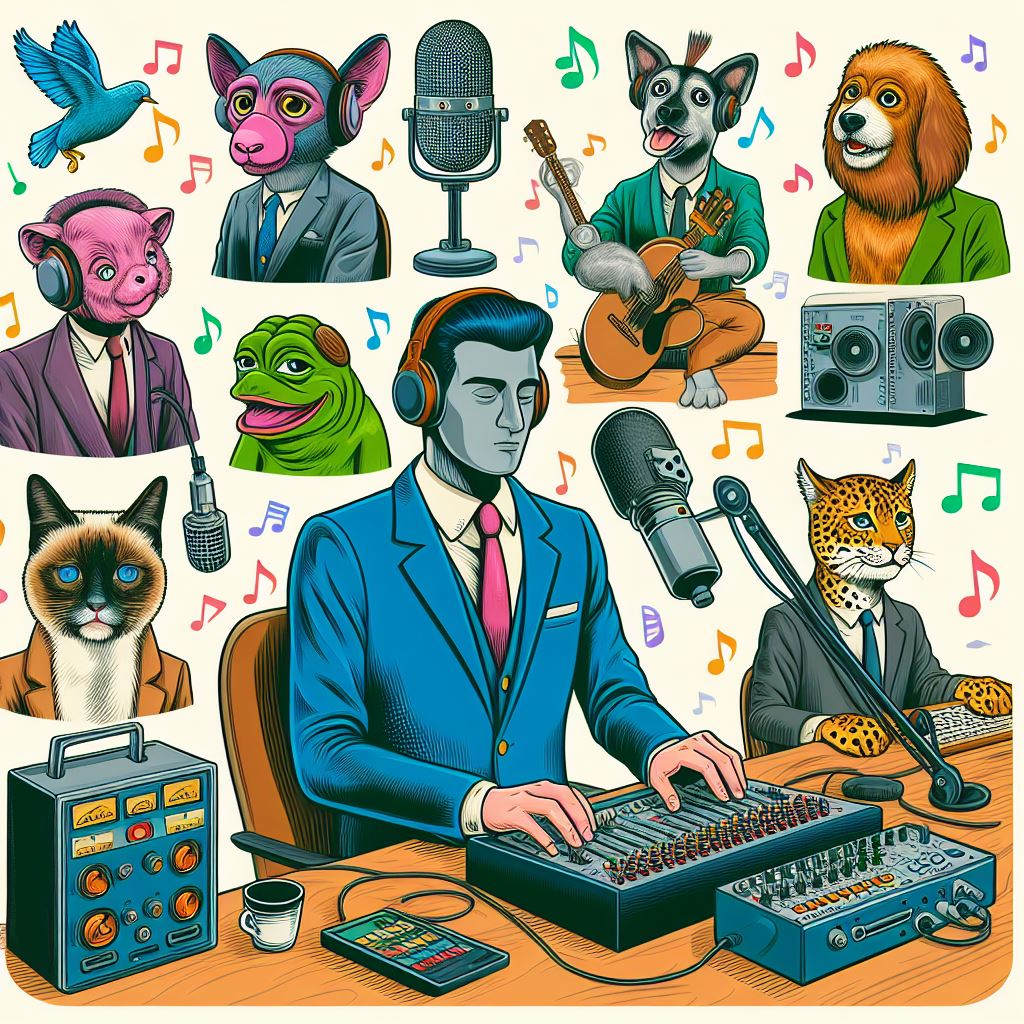For Day 9 of The 12 Days of AI, the 20 minute task is to use the AI-powered Recast to produce a podcast.
As noted on Day 9, Recast is a service that employs AI technology to transform extensive articles into brief, audio-based discussions. Using OpenAI and various large language models (LLMs), Recast creates detailed summaries of articles, presenting them in multi-voice conversational podcasts. It works by Recast’s AI examining a text based article to pinpoint the most critical elements and conclusions. It takes this information and creates a script tailored for an engaging audio dialogue.
Amazing.

Creating a podcast using Recast
Although I followed all the instructions for signing up and adding your own recasts, I wasn’t able to use Recast to create a podcast of the blog posts I’ve created so far about my participation and experiences of The 12 Days of AI, which is unfortunate.



Reflecting on the Day 9 task
Was the task useful – difficult? Although I wasn’t able to successfully Recast because of the upgrade, the task wasn’t too difficult from a technical perspective.
How easy was it to create the podcast? Wasn’t able to, but if full functionality was available I would’ve created a podcast of the blog posts I’ve created so far about my participation and experiences of The 12 Days of AI.
How could you use this podcast in your work? Could you use it in your teaching? If so, how? Content delivery and marketing/promotion, but also in teaching – learners create summaries of their work (and others) and then critique them and share as alternate formats of their submission, for example.
How do you generally use podcasting or other forms of audio in your work with students? Content delivery and marketing and promotion, and additional resources.

What was your experience with the Chronicle’s recast? Well, the recast of The Chronicle of Higher Education: Opinion | I’m a Student. You Have No Idea How Much We’re Using ChatGPT worked as is a great example of how written text can be recast as a listening experience. The alternating voice types made it less like a lecture and like an article being summarise or retold to you by a group of warm and friendly strangers and not a single monotone voice, which is a nice touch.
How do you see this as a tool that could be used to enhance accessibility? It could present as an alternative to literal text-based alternatives such as captions and transcripts by providing a summary of the page content – the challenge would be to ensure any meaning isn’t lost or any unintended meaning is applied to the recast. Ideally, the recast would be read in combination with the original text for full meaning.
Does your institution/workplace offer other similar tools? Not that I’m aware of, but it does text alternatives, captions and transcripts for time based media like video and audio. I know that it’s not the same, but there are also alternate ways of experiencing text-based content by using the affordance of the technology e.g., screen readers etc.
Experiences of others who also participated in the Day 9 task.

